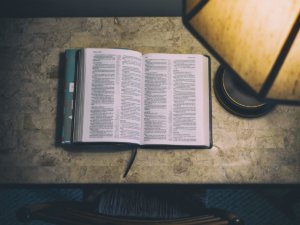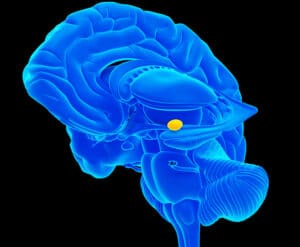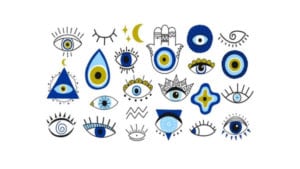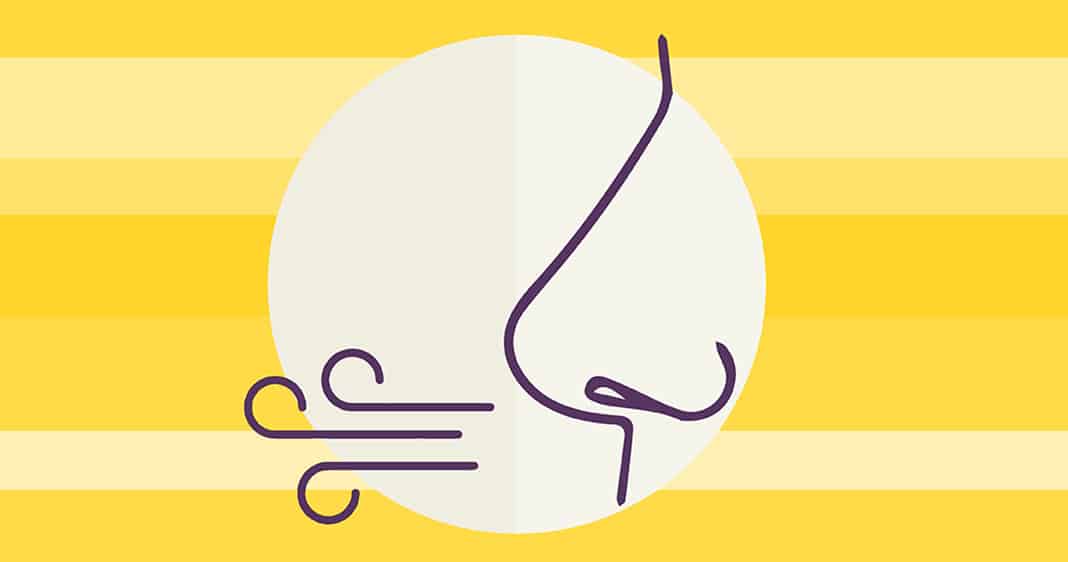
Worry is one of the most intense emotions we have experienced in recent years. “What will be the consequences of the pandemic? Will I get corona? Have I infected someone I love?” And along with many other questions like this, we have a constant worry inside us. In addition to external factors, could our breathing also affect our level of anxiety? Kira M. Newman has written an article that answers this question. Let’s take a look together:
While scrolling through social media amid a whole bunch of crazy posts about politics and COVID-19, you may have come across a person or two reminding everyone to “just breathe”.
But can just breathing really make a big difference? In his new book, Breath: The New Science of Lost Art , journalist James Nestor says people are getting worse and worse at breathing. We breathe through our mouth and chest, and we do it very quickly.
Elissa Epel, a professor in San Francisco, said, “The rate and depth of our breathing is a huge determinant of our mental state.” says. Researchers like Epel are looking into how using breathing techniques (some new, some old) can help people recover from anxiety. What they discovered is that breathing may be an overlooked key to finding more calm and peace.
How Breathing Can Calm Us
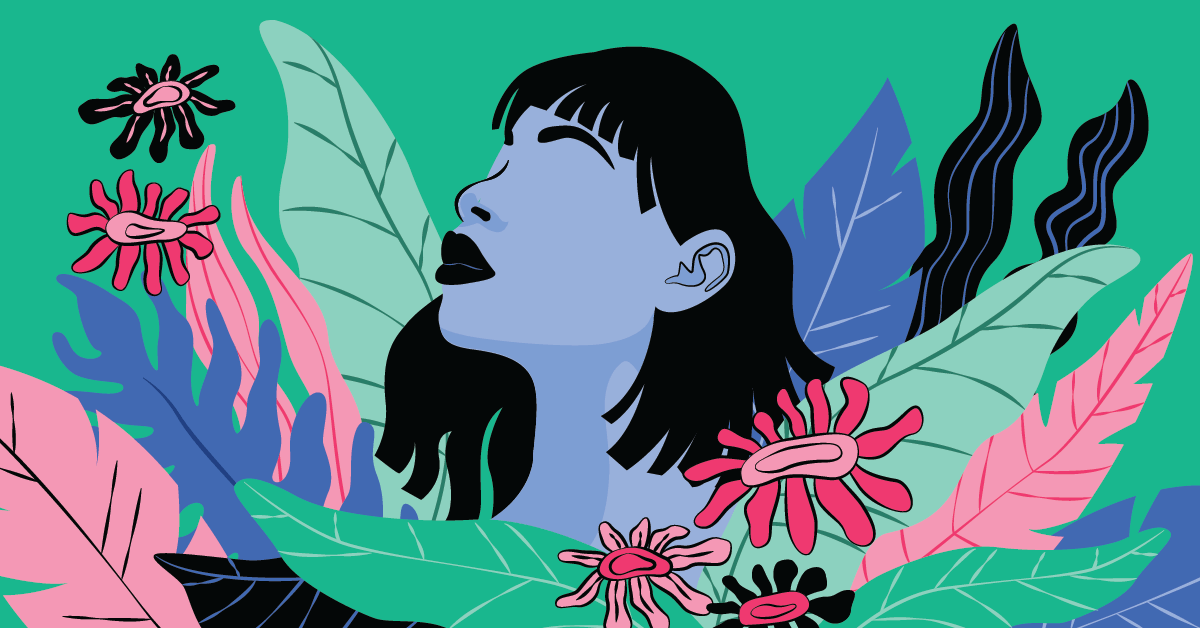
We often try to calm our anxiety by changing our thoughts, questioning worst-case scenarios, or going to therapy. But breathing offers a different approach, bypassing the complexities of the mind and targeting the body directly. Instead of trying to get rid of feeling anxious, you can do something concrete. You may discover instant relief by breathing slowly or quickly, with a set rhythm or through a single nostril.
In a 2017 study , individuals who were highly anxious attended a diaphragmatic breathing course. They practiced at home twice a day. Diaphragmatic breathing or abdominal breathing is breathing deeply into the abdomen rather than shallow breathing into the chest. After eight weeks, those who received the training reported feeling less anxious compared to a group that did not receive the training. They also showed improved anxiety symptoms, such as lower heart rate and slower breathing.
Therefore, regular breathing practice can help you feel calmer in your daily life. But other research suggests that focusing on your breathing during moments of acute stress may also be helpful.
In an earlier study published in the Journal of Personality and Social Psychology, researchers bring participants to a lab. They say they will give them electric shocks. While some of the participants practiced slow breathing before the shock was delivered (the shock delivery was actually never performed), others focused on breathing at a normal rate or did not regulate their breathing at all. Those who breathed slowly, at about eight breaths per minute, not only reported feeling less anxious, but also showed lower anxiety on a physical level when sweating and blood flow were measured.
Another study followed, testing three different breathing rhythms. As a result, rapid breathing (2 seconds in, 8 seconds out) with slow exhalation was the most effective in alleviating both the physical and mental experience of anxiety.
Breathing is an essential component of many meditation and mindfulness practices and may be the root reason why they work. In a small 2017 study , researchers asked people with anxiety disorders to try nostril breathing or mindful breathing awareness for 10 minutes two days in a row. They found that alternate nostril breathing was about three times more effective at reducing people’s feelings of anxiety.
Ripple Effects of Breathing

The way we breathe can initiate a series of physical changes in the body that promote stress or relaxation. “If we are breathing really shallow and fast, it causes an upregulation of our nervous system and we feel tense, anxious,” Epel says. says. “Slow breathing actually initiates the anti-stress response.”
“Your breath allows you to consciously control it, so you can take control of your nervous system. This way, you can control your anxiety.” “When we breathe a certain way, we send messages to these emotional centers of our brain to calm down.”
Rapid breathing can be a trigger for people with anxiety. It causes tingling and dizziness that often accompany panic attacks. When you breathe fast and start to feel the symptoms you normally associate with anxiety, it may help to reinterpret these symptoms in a less threatening way. They become less worrisome, just as high heart rate does not bother us during exercise. And if you attribute anxiety to faulty breathing habits, that means you can change the way you breathe and potentially see some improvement.



